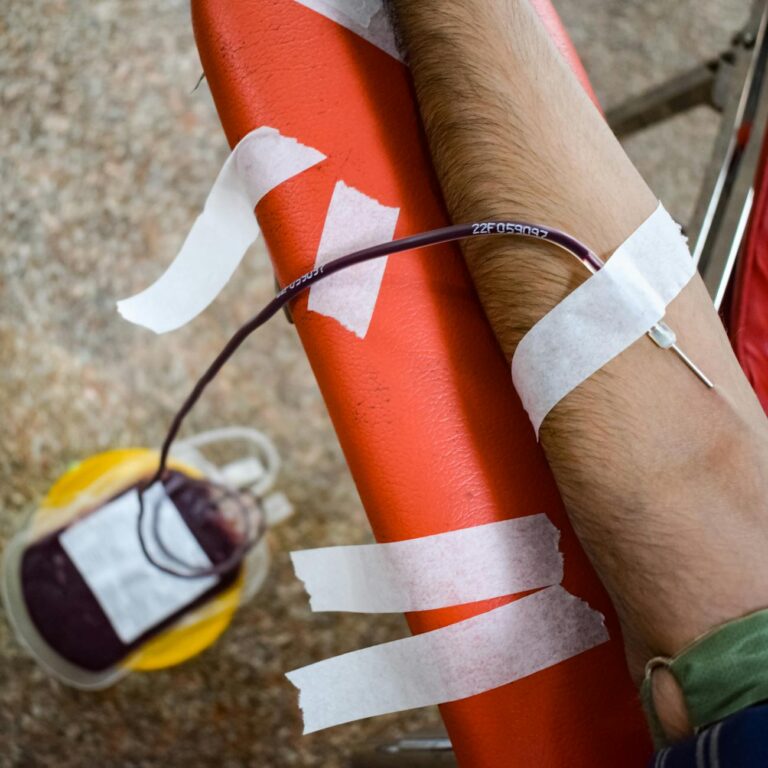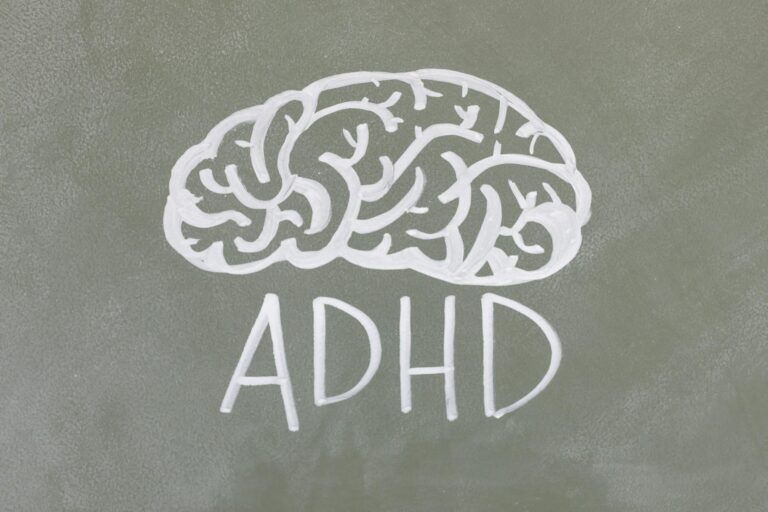The Unbelievable Benefits of Remote Digital Health Monitoring in Catching Dementia Early
In recent years, technology has revolutionized the way we manage and monitor health conditions, particularly for older adults. Remote digital health monitoring is one such innovation that has shown great promise in early detection and management of chronic conditions like dementia. This approach involves using digital tools such as wearable devices, mobile apps, and telemedicine to track health metrics and communicate with healthcare providers remotely.
### How Remote Monitoring Works
Remote monitoring uses wearable devices and mobile apps to continuously track vital signs and health metrics such as activity levels, sleep patterns, and heart rate. This data is securely transmitted to healthcare professionals, who can then analyze it to identify any changes or abnormalities that might indicate the onset of conditions like dementia. For instance, changes in sleep patterns or activity levels can be early indicators of cognitive decline.
### Benefits of Early Detection
Early detection of dementia is crucial for improving outcomes. It allows for timely interventions that can slow down the progression of the disease. Remote monitoring enables healthcare providers to detect these changes early, which can lead to better management of symptoms and improved quality of life for patients.
### Empowering Patients and Caregivers
Remote monitoring empowers both patients and their caregivers by providing them with real-time health data. This information helps them make informed decisions about their health and take proactive steps to manage their condition. For caregivers, remote monitoring can reduce the burden of constant supervision, allowing them to support their loved ones more effectively while maintaining their own well-being.
### Overcoming Challenges
While remote monitoring offers many benefits, there are challenges to consider. One major issue is ensuring that all populations have equal access to these technologies. Additionally, protecting patient data privacy and ensuring that different devices and systems can communicate effectively are critical. Addressing these challenges will be essential to fully leveraging the potential of remote monitoring.
### Future Prospects
The future of remote digital health monitoring looks promising. As technology continues to evolve, we can expect even more sophisticated tools that integrate artificial intelligence and machine learning to analyze health data more effectively. This could lead to more accurate early detection and personalized care plans for dementia patients.
In conclusion, remote digital health monitoring is a powerful tool in the fight against dementia. By enabling early detection, empowering patients and caregivers, and improving health outcomes, it offers a new era of hope for managing this complex condition. As we move forward, addressing the challenges associated with this technology will be key to unlocking its full potential.





